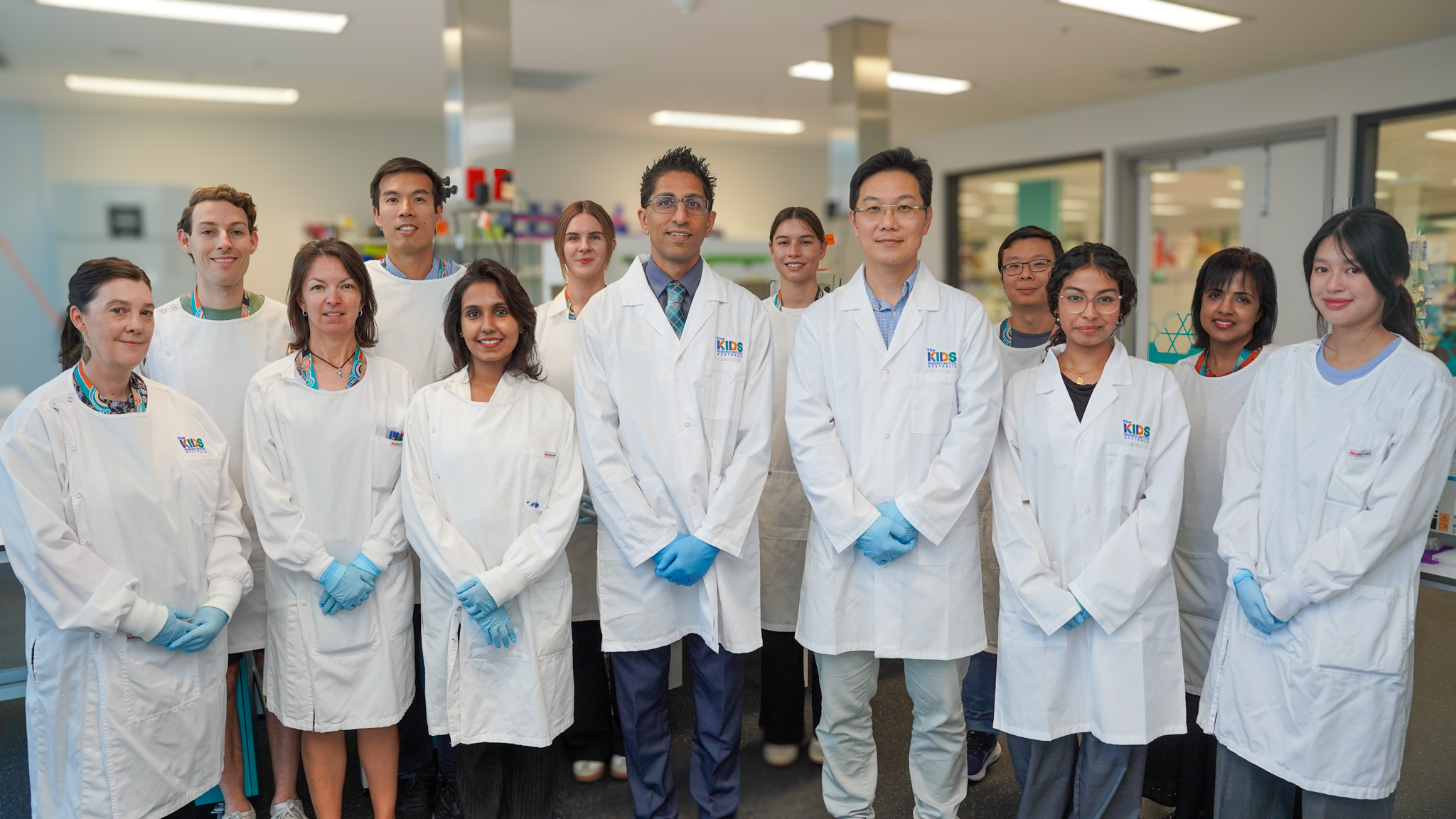Search
Showing results for "Au"
Research
Improving lung health of Aboriginal children hospitalised with chest infections – Aboriginal Children’s Excellent (ACE) Lung Health StudyThe ACE project is led by Dr Pamela Laird and aims to improve post-hospitalisation follow-up of Indigenous children hospitalised with acute lower respiratory tract infections.
Research
The Effect of SMS Reminders on Vaccine Hesitancy in New ParentsTom Snelling BMBS DTMH GDipClinEpid PhD FRACP Head, Infectious Disease Implementation Research 08 6319 1817 tom.snelling@thekids.org.au Head,

The main aim of our Leukaemia Translational Research Team is to test innovative therapeutic approaches, with a focus on clinical translation of this knowledge, to improve the outcomes of children suffering from leukaemia.
An exciting new role in the The Kids digital team, maintaining and growing website content, promoting research and engaging with the community.
Support the Manager to develop and implement strategic leadership and organisational development projects
Research
Student achievement against national minimum standards for reading and numeracy in Years 3, 5, 7 and 9This project will examine how the categorisation of NAPLAN scores into bands affects the learning progress of low-achieving students.

The Sibling Project focuses on children, adolescents and emerging adults who have a sibling with a disability, investigating their mental health, relationships and quality of life.
Research
The hygiene hypothesis revisited: role of materno-fetal interactionsFor 20 years, the hygiene hypothesis has dominated attempts to explain the increasing prevalence of allergic disease. A causal link between maternal innate immu
Research
Health professionals addressing alcohol use with pregnant women in Western AustraliaHealth professionals have an important role to play in preventing prenatal alcohol exposure
Research
Decreased fibronectin production significantly contributes to dysregulated repair of asthmatic epitheliumIn human asthma, and experimental allergic airways disease in mice, antigen-presenting cells and CD4(+) effector cells at the airway mucosa orchestrate, and CD4
